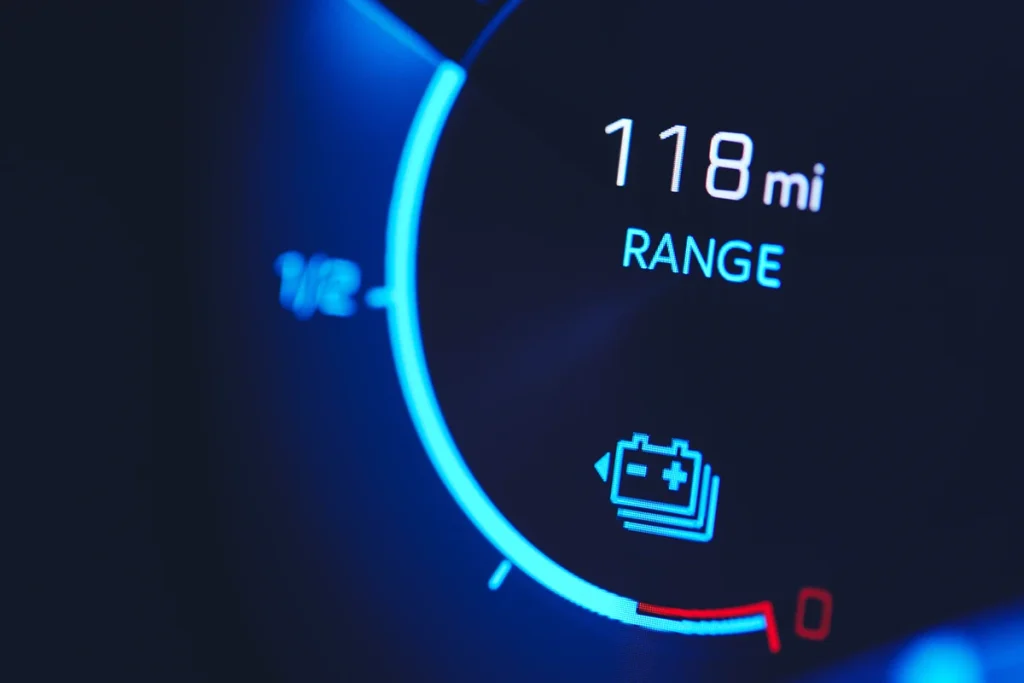BYD, the global leader in electric vehicle manufacturing, has recently embarked on a groundbreaking venture by initiating the construction of its first sodium-ion battery plant. This strategic move involves an investment of $1.4 billion, aiming for a substantial annual capacity of 30 GWh.
Sodium-Ion Battery Advantages
Sodium-ion batteries are emerging as a cost-effective alternative to the predominant lithium-ion batteries. Their primary advantage lies in their affordability and reduced reliance on raw materials. These batteries are particularly beneficial for low-cost, small cars and two-wheelers, which don’t require high energy density.
BYD’s foray into sodium-ion technology is not its first pioneering effort in the battery domain. The company has already made its mark with the Blade Battery, an LFP battery that powers a range of EVs from various manufacturers, including Tesla, Hyundai, Toyota, and Ford. This innovation was developed by BYD’s FinDreams, which began its production in 2020.
BYD’s Electric Vehicle Ambitions
In a joint venture with Huaihai Holding Group, BYD has set its sights on becoming the world’s foremost supplier of sodium battery systems. This ambition reflects the company’s recognition of the economic value of sodium batteries, which they had begun exploring years ago. This initiative aligns with BYD’s history of collaborations, including a previous partnership with Huaihai in November 2022 to establish a Blade battery production plant. This plant, which began construction in January, is set to commence production soon.
This move by BYD comes amidst other industry developments, like JAC Group’s YiWei, backed by Volkswagen, launching its first sodium-ion battery-powered EV. This development highlights the growing industry focus on sodium-ion technology as a viable, cost-effective solution for mass electric vehicle adoption.


